In The News
- Home
- /
- News & Events
- /
- In The News
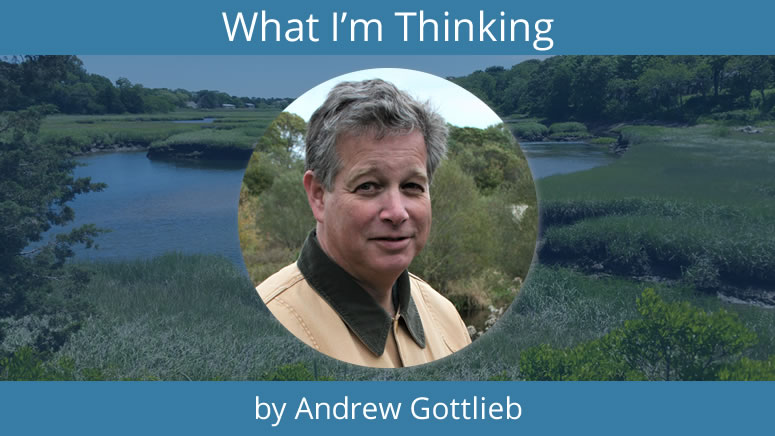
Why Any of It Matters
It is almost impossible to have not heard something about high cost of housing, if you can find it, here on Cape Cod. The advocates for housing that supports year-round resident s and the economy make a good case and I am not going to repeat it here, as APCC is a part of that discussion in other forums. The point I want to emphasize today is that the need for housing and expanded economic opportunity is all predicated on one critical factor that still does not get the attention it warrants. A clean, healthy, and fully functioning environment is the foundation for everything on Cape Cod.
Without clean drinking water, access to beaches, ponds to swim in, fish to catch, trails to walk, breathable air, open spaces (do we really need to debate their importance after the last 14 months?) and marine waters teeming with life, there is nothing to talk about, or invest in, on Cape Cod. Without these sustaining elements of life there would be no worry about housing shortages and high prices, nor would there be businesses hurting for workers. Why? It’s simple: Our environment drives everything else. Without environmental quality, Cape Cod would be just another example of a place of former glory that consumed and tainted the very things that brought people there in the first place.
We need to remind ourselves while we come together collectively as a community to address issues related to housing and opportunity that the expanded protection of our environmental resources is central to the discussion of how we move forward. While we do things to address our economic future, we must do so in full recognition that it cannot come at the expense of further investment in our environment. Yes, more investment in the protection of important open spaces, more investment in infrastructure to clean our waters, more investment in drinking water protection, more investment in environmental restoration of degraded and altered wetlands and bogs, and greater attention to our role as stewards of the landscape. We need it all because without it, don’t waste your time, energy and resources thinking about building new stuff because without a solid foundation, it will all eventually collapse.
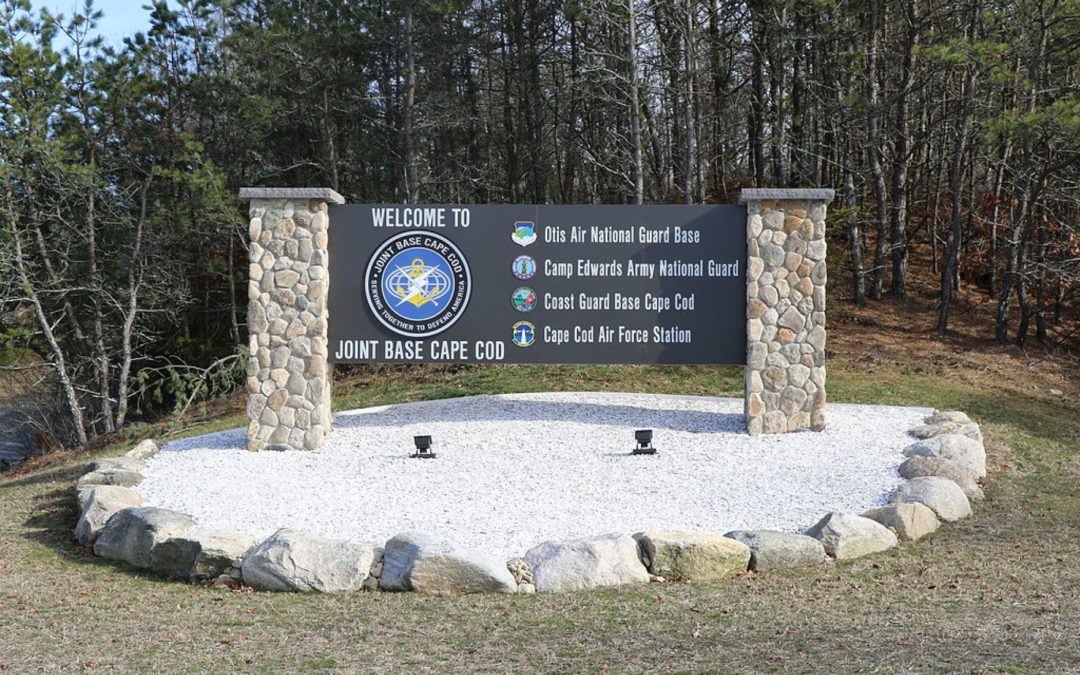
WCAI: Proposed Machine Gun Range Wins Federal Environmental OK; State Review Is Last Hurdle
The Massachusetts Army National Guard has secured a key federal environmental approval that potentially puts it one step away from building a machine gun range on Joint Base Cape Cod, CAI has learned.
Additional Coverage:
Boston Globe: Federal officials approve plan for National Guard to build a new machine gun range on Cape Cod

Boston Globe: The National Guard wants to clear 170 acres of woods on Cape Cod for a new machine gun range
JOINT BASE CAPE COD — In a clearing in the woods of these sprawling training grounds, First Lieutenant Patrick Foley peered down the barrel of his M4 assault rifle and awaited the command “weapons free.” Then the medevac pilot fired 40 rounds at a series of people-shaped targets that popped up from mounds of dirt in the distance, striking all but eight of them.
Historic Award of Grants for Cape Cod Water Protection
In an historic step, the first-ever grants from the Cape Cod and Islands Water Protection Fund were issued on April 16, 2021 to local towns. Projects will include innovative strategies and alternative septic system technologies and wastewater treatment plants, as well as drainage improvements and water treatment programs. The ultimate goal is to improve water quality in freshwater ponds and marine resources. On this episode, we explain why it’s important and what it means for the future of clean water on Cape Cod.
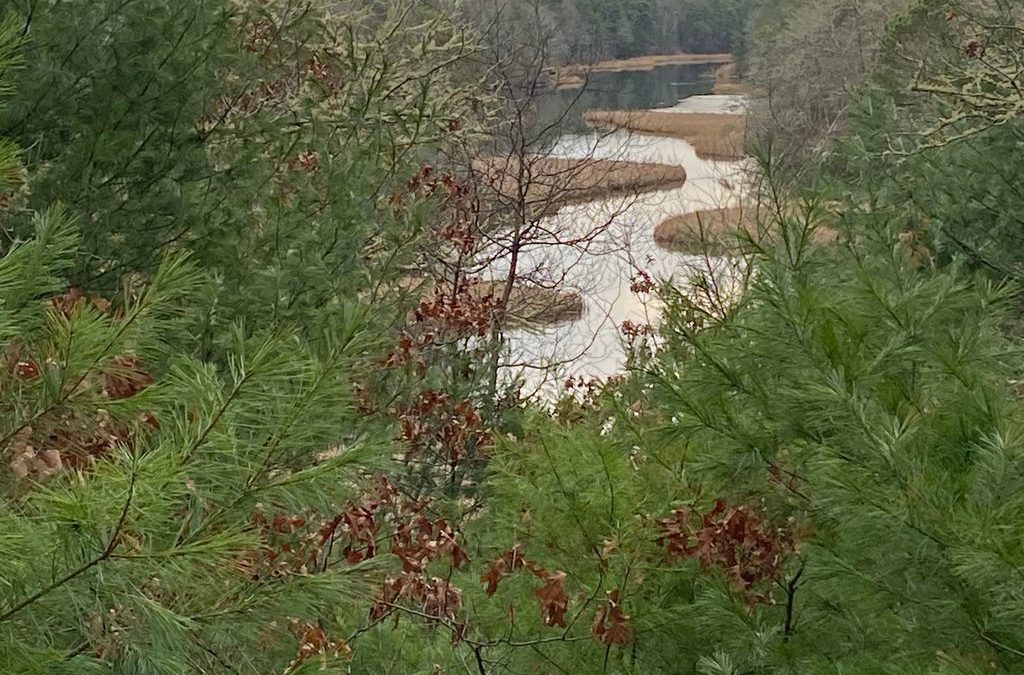
Boston Globe: ‘Forever chemicals’ pervade drinking water sources on Cape Cod, study finds
The compounds have been linked to cancer, low infant birth weights, and suppression of the immune system.
The primary source of drinking water for tens of thousands of people on Cape Cod has elevated levels of toxic chemicals, according to a new study. Scientists at Harvard University found that several watersheds on the upper Cape around Mashpee had 40 times more PFAS — known as “forever chemicals” because they never fully degrade — than new state rules allow. The compounds have been linked to cancer, low infant birth weights, and suppression of the immune system.
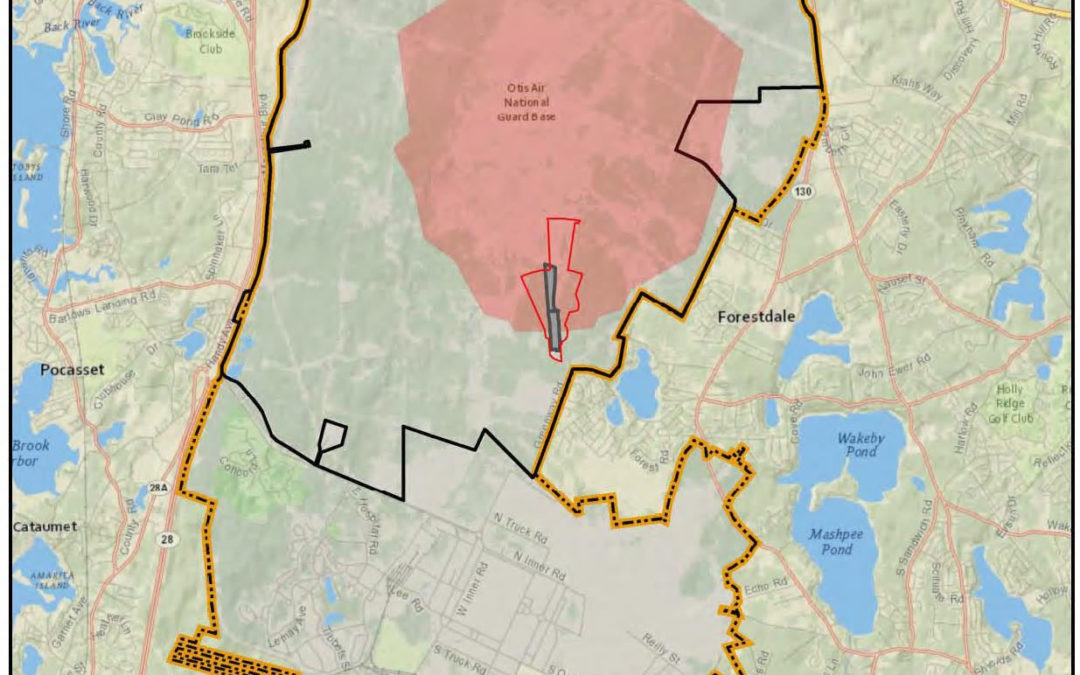
WCAI: Cape Residents Sent Barrage of Emails Opposing Machine Gun Range
Nearly 370 Cape Cod residents emailed the Massachusetts Army National Guard over the summer, most to say they oppose its plan to build a machine gun range on Joint Base Cape Cod.
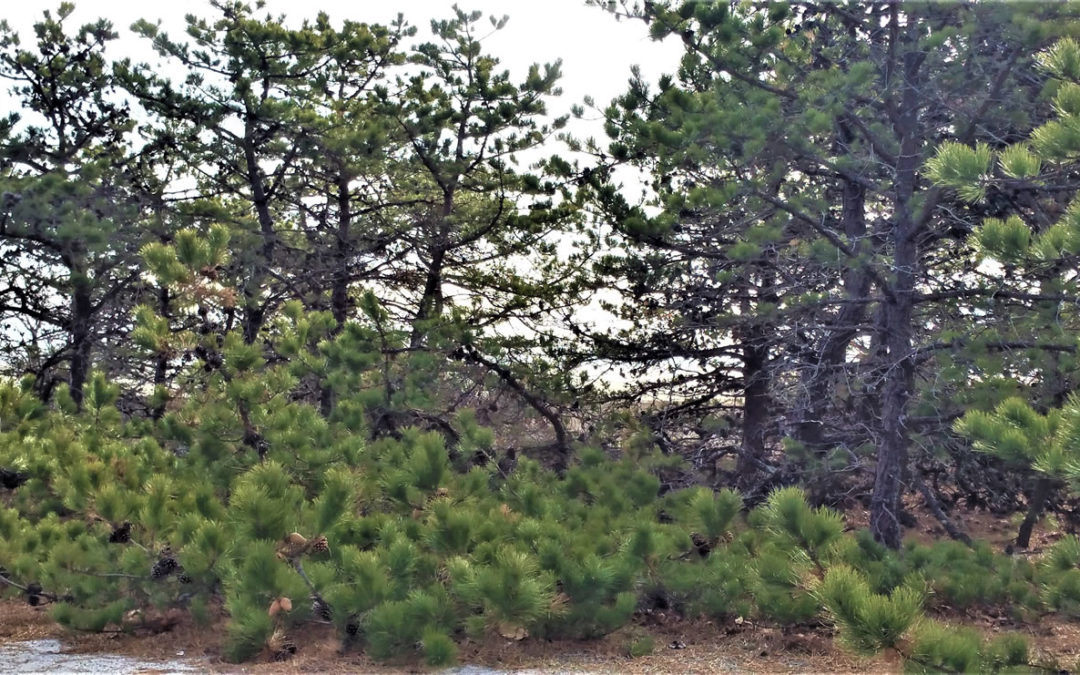
APCC Obtains Public Comments Submitted to the National Guard on the Machine Gun Range
APCC obtained, through a public records request, copies of all public comments submitted to the Guard on the machine gun range. APCC provides these comments on this website for the purpose of ensuring a full disclosure of the general public’s response to the project.
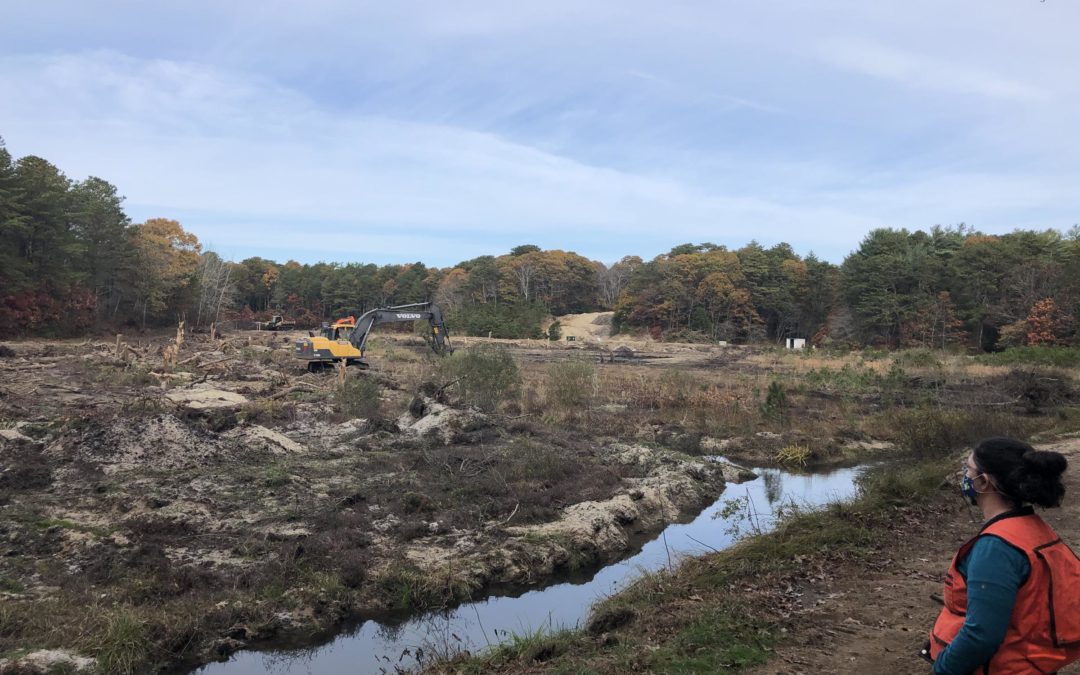
WCAI: Returning Cranberry Bogs to Nature: The Green Exit Strategy
On a sunny day in October, an excavator is digging into a layer of sand and cranberry plants along the Child’s River, near the border of Falmouth and Mashpee. Tree stumps are scattered about, and channels of water are diverted around up-turned dirt piles.
WBUR: Cape Cod Water Quality In Decline, Report Says
The water quality on Cape Cod’s ponds and bays is bad and getting worse, according to the second annual State of the Waters report from the Association to Preserve Cape Cod (AAPC), a regional environmental advocacy and education organization. While the report says that public drinking water is “excellent” overall, the percentage of surface water with “unacceptable” quality increased from last year.
WCAI Special Reporting: Toxic Cyanobacteria Blooms Imperil Region’s Ponds
See the following links for WCAI’s special coverage of Cape Cod’s Cyanobacteria outbreak.
Part One:
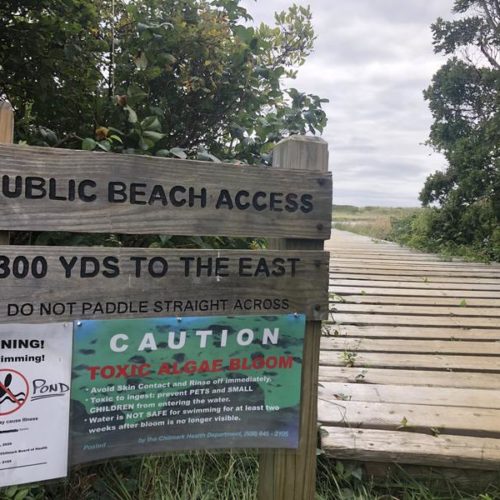 ‘I Felt Like I Was Poisoned’; Toxic Cyanobacteria Blooms Imperil Region’s Ponds
‘I Felt Like I Was Poisoned’; Toxic Cyanobacteria Blooms Imperil Region’s Ponds
In early August, carpenter Michael Forgione told his mother that he was heading out to go crabbing in the brackish waters of Chilmark Pond on Martha’s Vineyard. Carol Forgione, a 72-year-old nurse practitioner, wished him a good catch…
Part Two:
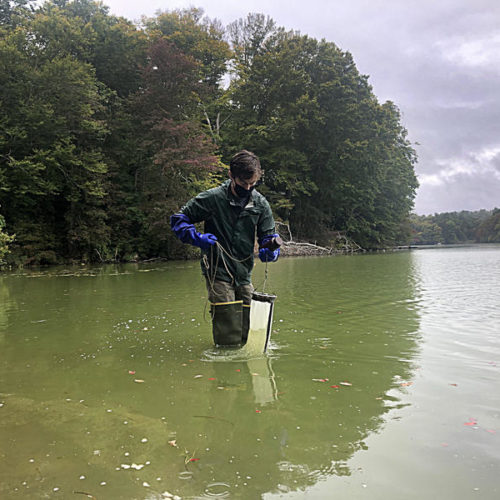 Health Officials Struggle to Confront Toxic Algae Blooms
Health Officials Struggle to Confront Toxic Algae Blooms
On a rainy Monday morning in Mashpee, ecologist Kevin Johnson balances on one foot while trying to pull on a pair of waders. “I’ll wade out … around knee- to waist-deep and take my sample there,” he said…
Part Three:
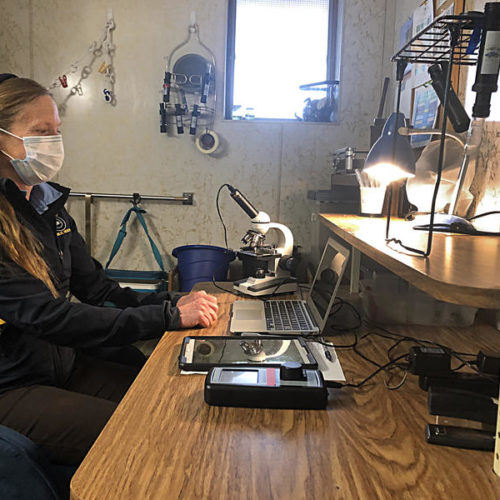 What Will it Take to Rid the Region’s Ponds of Toxic Cyanobacteria Blooms?
What Will it Take to Rid the Region’s Ponds of Toxic Cyanobacteria Blooms?
Biologist Karen Malkus’s laboratory in the Barnstable Town Offices features a marble vanity with a mirror framed by light bulbs. “It used to be … the ladies’ room, which is now converted into the lab,” she said recently…
Additional Coverage
Reporter’s Notebook: Toxic Algae Blooms and What to Do About Them
As CAI reported this week, algal blooms in local ponds can be dangerous to humans and animals. They are also a sign of a bigger problem; pollution from human sources like septic systems and more recently, the effects of climate change…
‘How Do I Know if My Local Pond Has a Cyanobacteria Bloom?’ And 11 More Frequently Asked Questions
What does a cyanobacteria bloom look like? Are there other signs that my pond has a toxic bloom? Is there anything I can do to determine whether there’s cyanobacteria in my local pond or just an overabundance of more beneficial types of planktonic algae? I think the algae I see matches the description of cyanobacteria. Who do I call? …
Looking for older news?
We created an “In The News” archive page with APCC news mentions prior to 2019.

